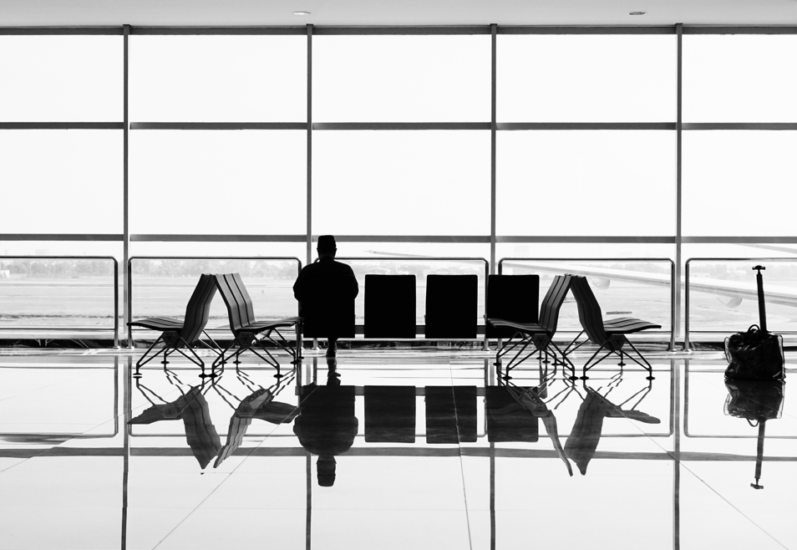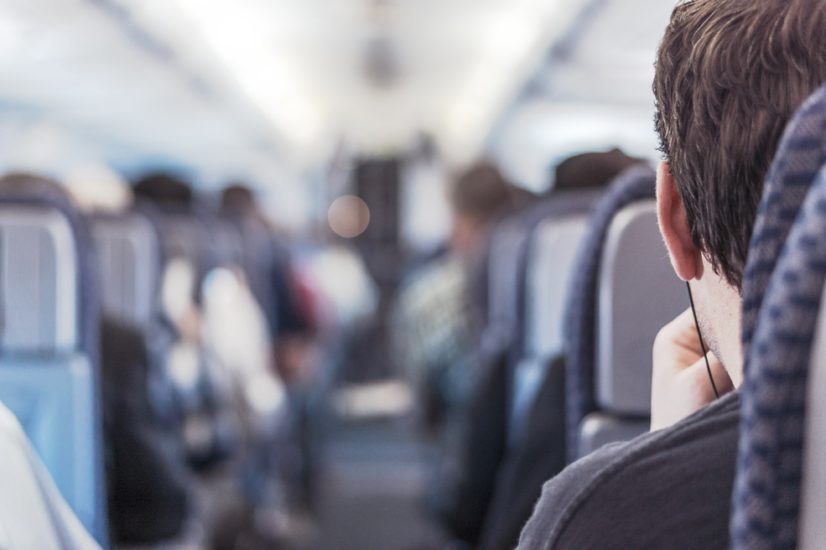Understanding Jet Lag and How to Beat It

Posted on Sat 15 May 2021
Going on holiday, or travelling in general, brings with it very few downsides. Normally, we’re so excited about arriving in a foreign country and exploring these exciting new places that we don’t realise the physical effects travelling can have on the body. It’s important that we take care of ourselves when travelling so that we can maintain health and wellbeing, to thoroughly enjoy our time away.
In this article, we’re looking at the issue of jet lag, understanding exactly what it is and how we can beat it so that it doesn’t ruin our travel days!

What is Jet Lag?
Jet lag, also known as desynchronosis, is when your body’s normal sleep pattern is disrupted by a long flight or period of travel. Although it is more commonly associated with longer flights, that travel from either east to west or vice versa (typically travelling from north to south keeps retains the same time zone), jet lag can also be caused by unusual travel times such as early in the morning or late at night – when we’d usually be tucked up between the sheets.
Jet lag, although not directly caused by, can still be contributed to by dehydration, not eating or not eating the right food, lack of sleep and lack of sunlight. When comparing these things to travelling on a plane, all boxes can quite easily be ticked.

How Can We Beat it?
It’s important that you give your body the right signals before, during and after you travel so that the effects can be minimised as much as possible. It’s unlikely you’ll be able to avoid jet lag completely (depending on the length of flight) but you’ll likely be able to reduce the physical and mental effects on your body. It’s important that you remember that it begins even before you leave your home, ensuring that you’re properly prepared for the physical challenge that your body is about to undertake. The night before you travel, make sure you have a healthy meal and avoid fast food and excessive alcohol, as this will dehydrate the body, also ensuring that you drink plenty of water.
When you finally hit the sheets, ensure that you follow good sleep practice to get a good night’s sleep, this means avoiding exercise, caffeinated drinks and the use of electronic gadgets as these can all disrupt your slumber. If you have an early morning flight, head to bed a bit earlier than usual so that you’re still treating your body to a good rest, seven to eight hours is the target here but this isn’t always achievable. Typically, our sleep cycles take between 90 – 110 minutes so counting back in 90-minute chunks from the time you’ll be waking up to the time you go to bed can help you to hit the ideal sleep pattern. Even if you’re only asleep for four to five hours, hitting the sleep cycle timings can help you feel less drowsy in the morning and leave you feeling more refreshed.

When travelling to and from a new time zone, you’ll experience both one longer day and one shorter day as you gain and lose time. It’s important that you anchor the body’s internal clock to the new time zone by setting your watch to the new time and getting some time in the natural light when you arrive. Our bodies need sunlight and a lack of this can be a big contributor to jet lag.
Food and drink can also be a major factor when beating the jet lag. Ensuring that you don’t have a large meal just before or during your flight as you won’t be able to move and allow the food to digest, leaving it sat in your stomach for the duration of the journey. Small, healthy snacks and plenty of water is the ideal combination to keep your body performing at its best.
Upon arrival, depending on the time of day, you should look to follow your new time zone. If it’s the evening, take a warm bath or shower and head to bed, or if it’s day time, head out to explore and make your body tired naturally so that you’re ready for bed that night. If you need to re-awaken yourself for the remainder of the day, taking a cold shower can help to trigger the feeling of waking up again and give your body a new lease of life.
Do you have any great tips for beating jet lag? Let us know on Facebook or Twitter! Or maybe you fancy heading out on a holiday of your own? Our range of experience holidays will definitely have something that takes your fancy.
Read more from our blog here
